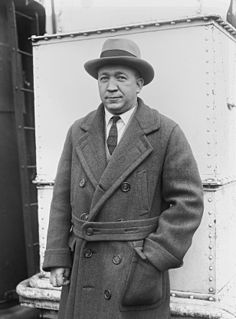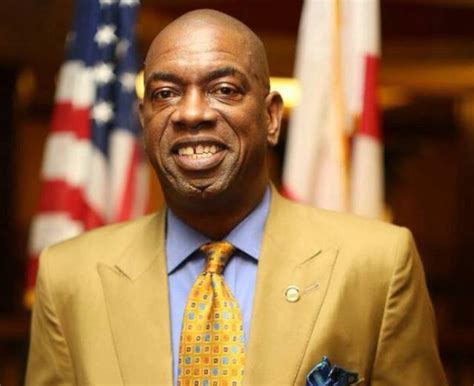A Quote by Owen Jones
The bereaved are often treated badly. There is no statutory paid bereavement leave, with the emotionally stunned often compelled to work within days of losing a loved one.
Related Quotes
I was grateful that Facebook already had generous bereavement policies . Now Facebook employees receive 20 days paid leave to grieve the loss of an immediate family member and 10 days for an extended family member. I'm proud that we're able to do this and I hope more businesses do the same. Only 60 percent of private sector workers get paid time off after the death of a loved one, and then it's usually just a few days. Workers and families deserve better than that.
Greed plays a role in causing unnecessary surgery, although I don't think the economic motive alone is enough to explain it. There's no doubt that if you eliminated all unnecessary surgery, most surgeons would go out of business. They'd have to look for honest work, because the surgeon gets paid when he performs surgery on you, not when you're treated some other way. In pre-paid group practices where surgeons are paid a steady salary not tied to how many operations they perform, hysterectomies and tonsillectomies occur only about one-third as often as in fee-for-service situations.
Turning 40 is often a big symbolic point in one's life. In the 20s we feel we can do anything, but as the 30s progress we become more mature emotionally, and in terms of work tend to focus. These two things combined: emotional maturity and career focus, often produced an explosion of self-purpose in our 40s.
In your 20s, crises tend to be about whether you are making the correct decisions for the rest of your life, namely in your job and relationship. In your 30s, work-related issues and break-ups feature prominently. In your 40s, for women bereavement is often an issue. For men, it is still to do with their job but it has moved to "Holy crap, I've got a lot to do". In your 50s, you get features of both early and later life crises - bereavement and ill health. And that continues in your 60s, with retirement-related issues and heightened awareness of mortality.

































